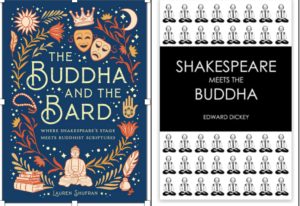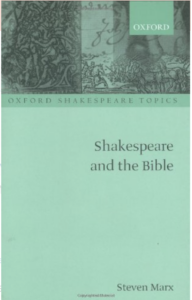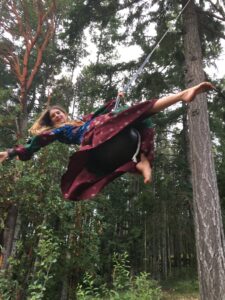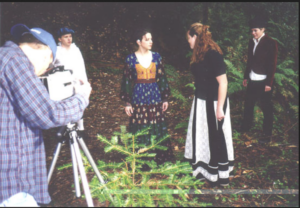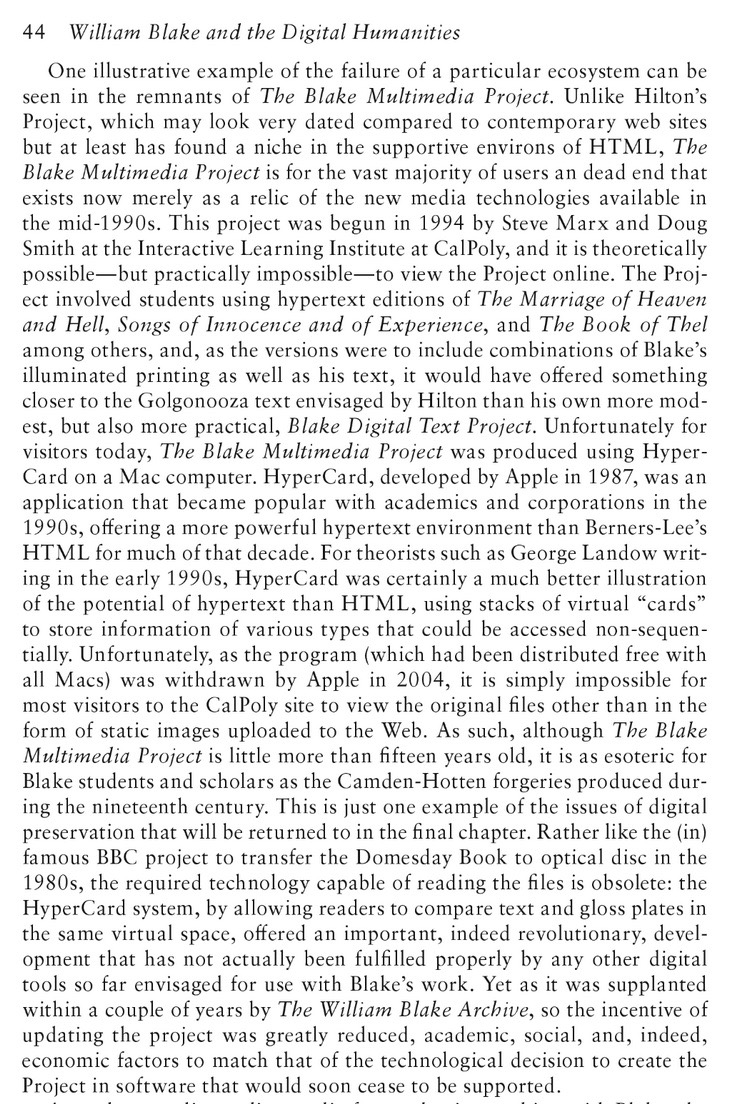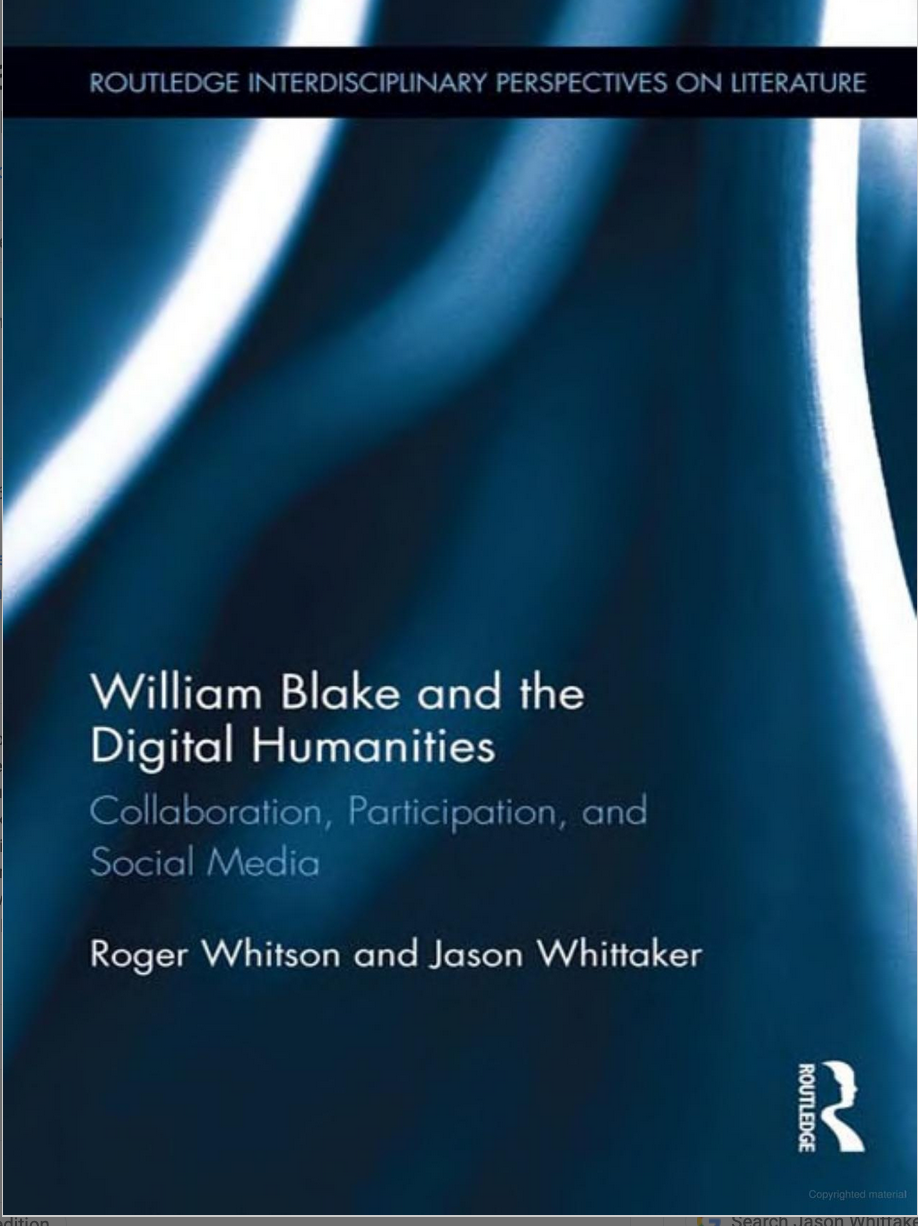Poetry Workshop
Sunday, January 19th, 2025After a long morning chain-sawing for the trail at Prefumo Creek helped by four students at Pacific Beach High School getting Community Service Credit, I attended a workshop at the farm this afternoon.
https://www.universe.com/events/winter-crafting-skills-series-poetry-workshop-tickets-XZ0FNH
Caroline has been a part-time staff member for a couple of years—a reserved sylphlike presence who’s shown interest in dried flowers, sheep, tanning hides, and making teas. I learned recently she was a birth doula, nanny for Shane’s baby, extensive traveller.
She wouldn’t take the offered payment from me.
The event resonated with my recent activity to prepare a script for a ten-minute performance of the start of Shakespeare’s Sheep Shearing Shindig in Act4 Scene 4 of The Winter’s Tale that I’ll propose as part of the program for City Farm’s Sheep Shearing Shindig coming up in May.
Six others attended the two hour session, 5 women and a man, ages mid-twenties to mid-thirties. All gave evidence of commitment to introspection, journaling, reading and writing poetry, probably greater than mine.
Caroline let us know that she’d been to college and graduate school and wrote and published.
At the start, as we sat at tables under the Pergola, she served tea and fresh bread she’d baked and described the workshop’s format: she’d provide prompts, and time for us to write in response at different sites on the farm along with invitations to read poems we’d brought.
I’d printed out Wendell Berry’s, “The Man Born to Farming,” from his Farming A Handbook a collection which influenced our decision to move from New York City to an old homestead we bought at the end of the road in British Columbia in 1970, where Jan and I stayed for nine years.
The Man Born to Farming
The Grower of Trees, the gardener, the man born to farming,
whose hands reach into the ground and sprout
to him the soil is a divine drug. He enters into death
yearly, and comes back rejoicing. He has seen the light lie down
in the dung heap, and rise again in the corn.
His thought passes along the row ends like a mole.
What miraculous seed has he swallowed
That the unending sentence of his love flows out of his mouth
Like a vine clinging in the sunlight, and like water
Descending in the dark?
I was eager to read it to the group and to affirm the continuing truth of his prophetic pastoral vision, manifested here at City Farm.
When Caroline asked each of us our connection to this place and what motivated our attendance at the workshop, I tried to keep it short, but my veteran involvement with the Farm and its link to my lifelong personal and professional literary engagements wouldn’t let me.
Caroline’s first prompt was to write without lifting your pen about last night’s sleep or a dream. It struck a note:
Sinking into the topper on my hard mattress, grateful for the fatigue and its support that floats me away, and when thoughts about the past day and the morrow crop up demanding attention, counting breaths passing in and out across the anapana spot—what’s left of my abandoned meditation practice—and knowing that by number eight I’ll be gone, and again after the midnight pee, greeting that trusty ritual, this time only up to four, grateful that this is all that’s left, no forcing or aspiration, but only an embrace of what’s not here and what is.
Next prompt involved walking to The Lookout—a location I’d selected and built up years ago, now rarely used except by shitting blackbirds– and to write inspired by its open view of land and sky.
Two mountain ranges surround us,
two watersheds converge in the creek
that fills and drains our life-rich home,
the brooks and springs marked indelible
by green explosions interlacing out and up.
The next prompt was to look at the sheep in the pen nearby and write of your connection. I used up most of the brief time to get a sweatshirt from my car. I observed only
Two flocks exchange stares.
Then we went to Plot 1, the immaculate regenerative vegetable garden, to look at a single plant or creature
January peach blossom two months too early
to meet its welcoming Spring,
petals as pink, pistils and stamens
as swollen as if it had a fruitful life ahead
despite the canker that leaves last season’s
dessicated twigs and flowers on the branch.
Back at the Pergola, Caroline read a poem by her professor and mentor who died young. It started with “Write a question: Yes.” Write a question was the prompt.
How Long Still?
Richard Stiehl in France I learned last night, died at 97.
Marilyn across the street last week at 93.
Rick in Lund at 75.
Beethoven 57, Shakespeare and Napoleon 52, Mozart 34.
Wendell Berry alive today at 90. I at 82.

